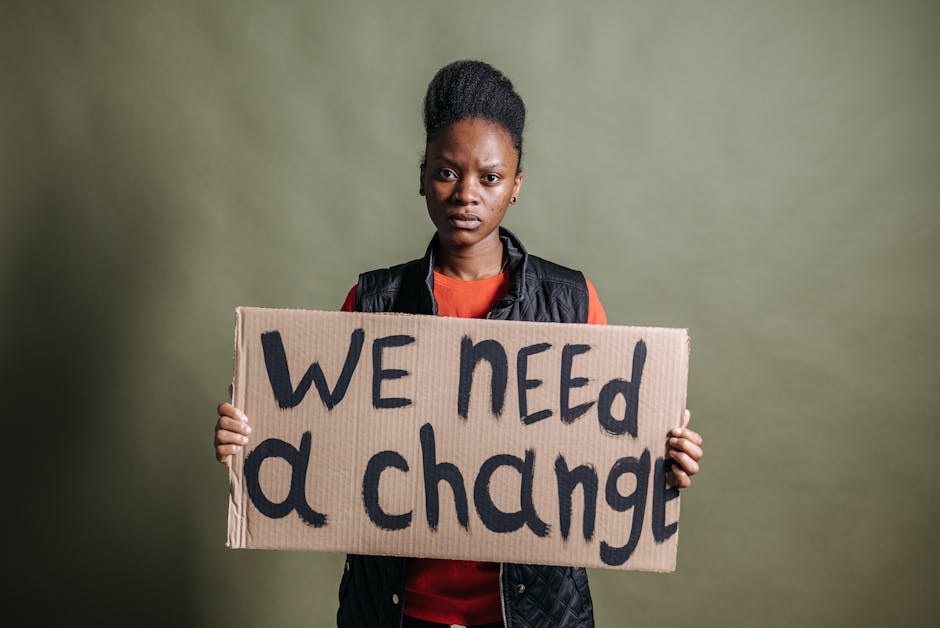New Delhi – In a surprising development in Indian political financing, the Bharat Rashtra Samithi (BRS), led by former Telangana Chief Minister K. Chandrashekar Rao (KCR), received donations amounting to a staggering ₹15.21 crore in the 2023-24 financial year—a period that notably includes the months after its decisive loss in the state assembly elections.
This revelation, detailed in a new report from the Association for Democratic Reforms (ADR), challenges the common belief that corporate and individual donors primarily support the party in power.
ADR Report Details Post-Election Funding
The BRS, which governed Telangana for a decade, was defeated by the Congress party in the November 2023 assembly elections, with results declared on December 3rd. The financial year analysed by the ADR runs from April 1, 2023, to March 31, 2024. This timeline confirms that a significant portion of these donations flowed into the BRS coffers after it had lost power and was set to become the main opposition party.
Who Are the Key Donors to KCR‘s Party?
So, who is still backing the pink party? The ADR report highlights that a large share of the funds came from corporate entities. A prominent name among the donors is the Hyderabad-based infrastructure giant Megha Engineering and Infrastructure Limited (MEIL), a company known for being a major political donor to various parties across the country. The continued financial support to BRS from such a large corporation has sparked intense debate and raised questions about the motives behind the funding.
Why Fund a Party Out of Power?
Political analysts are floating several theories to explain this unusual trend of funding a party after it loses an election.
One perspective suggests these donations are a “long-term investment.” After a ten-year rule, the BRS still holds considerable political influence, a dedicated voter base, and a strong party structure. Donors may be hedging their bets, preserving relationships with a party they believe could make a comeback.
Another theory points to pre-existing commitments. “Corporate donations are often complex transactions. Some of these funds might have been pledged months in advance, with the actual transfer happening after the election results,” a senior political commentator noted on condition of anonymity.
Political Backlash and BRS‘s Defense
The BRS‘s political rivals have seized on the data. The ruling Congress party in Telangana suggests it points to a quid pro quo for contracts and favours granted during KCR’s tenure.
“This is clear evidence of how certain corporations benefited under the BRS regime,” a Congress spokesperson stated. “This isn’t loyalty; it’s a return on past investments. The people of Telangana need to know the truth.”
The BRS has defended the donations, calling them legitimate and transparent. A party insider dismissed the allegations, claiming the funds reflect the unwavering faith of supporters and businesses in KCR’s vision. “Our supporters, be they individuals or companies, believe in our ideology, not just our position in government,” a BRS leader said.
This financial cushion of over ₹15 crore will undoubtedly be a crucial asset for the BRS as it recalibrates its strategy from the opposition, proving that in Indian politics, influence and relationships can keep the funds flowing even out of power.




